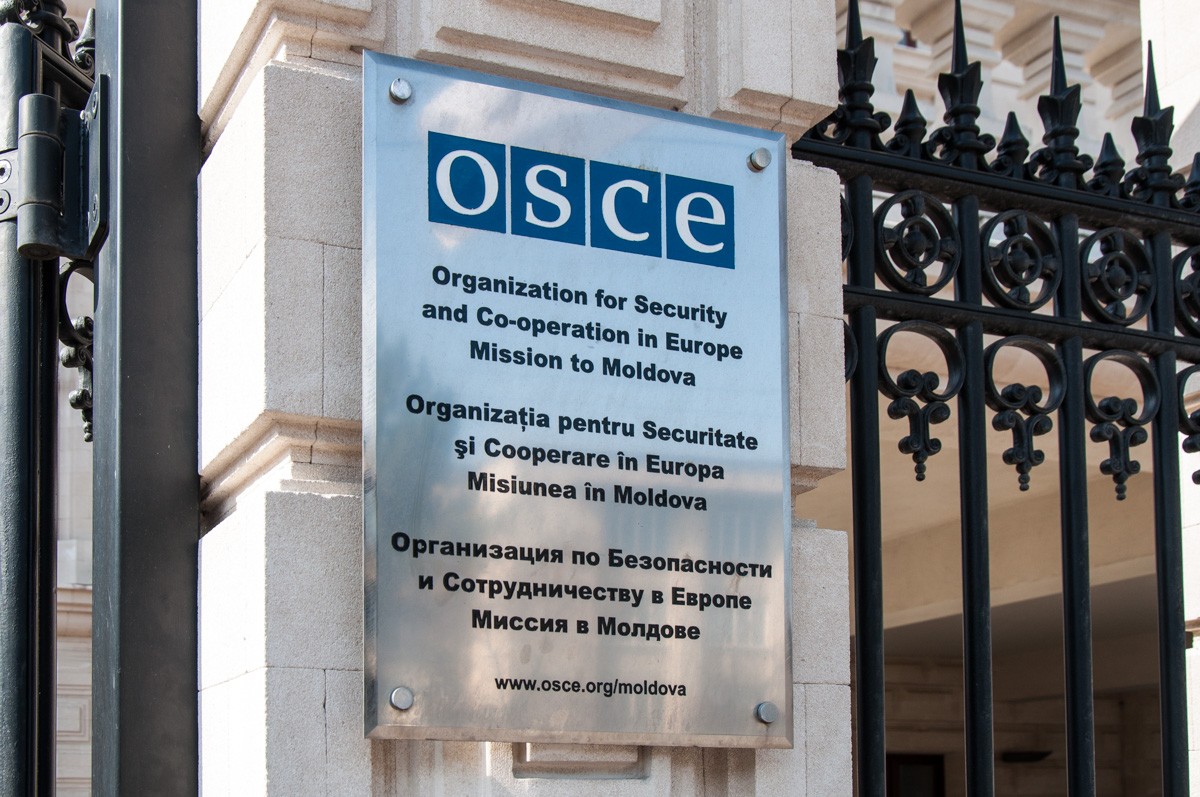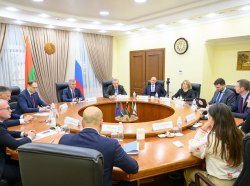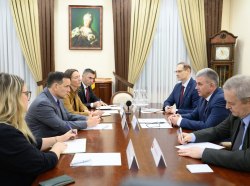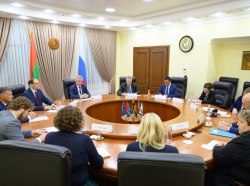Tiraspol, 20 September. /Novosti Pridnestrovya/. It has already been the fifth visit of the special representative of the OSCE chairman-in-office, Wolf Dietrich Heim, to Moldova and Pridnestrovie this year, but this shuttle diplomacy has not yet yielded results.
As the Pridnestrovian foreign minister, Vitaly Ignatyev, said in an interview with Russia's TASS, it was expected that the number of visits will be converted into quality, which would help to achieve results, including with the involvement of the broad international experience of all external negotiators, but this has not happened.
"In our view, the fundamental cause of the missed opportunities within the framework of the Austrian OSCE chairmanship is their misunderstanding of the functions of international mediation in the Moldo-Pridnestrovian conflict and, as a result, the failure to comply with the basic principles and procedures of the negotiation process, adopted in the form of a signed agreement as early as 2012," stressed Ignatyev.
According to the minister, Austria is unlikely to launch the mechanisms of the international negotiating process in the "5+2" format until Moldova and Pridnestrovie have not agreed on a solution to an issue.
"It is probable that the intention of the Austrian colleagues is to ensure positive results. But the Permanent Conference was not conceived as a ceremonial venue but as a key platform for the negotiating process where all possible solutions to acute problems could be discussed with the involvement of international advisers. This mechanism is particularly needed in a stalemate where it is extremely difficult to bring together opposite positions and consolidated efforts based on the experience of external actors are necessary for a positive momentum," explained Ignatyev.
The Pridnestrovian diplomat believes that such a passive position of the OSCE plays into the hands of Moldovan representatives who have been given ample opportunity to continue stalling the negotiating process at all levels and organising new measures of pressure on the PMR.
Besides, this situation is a form of isolation of Pridnestrovie, which is internationally recognised equal party to the negotiations.
"The prolongation of this destructive situation erodes the negotiating structure and has a negative impact on the overall context of the regional environment," said Ignatyev.








